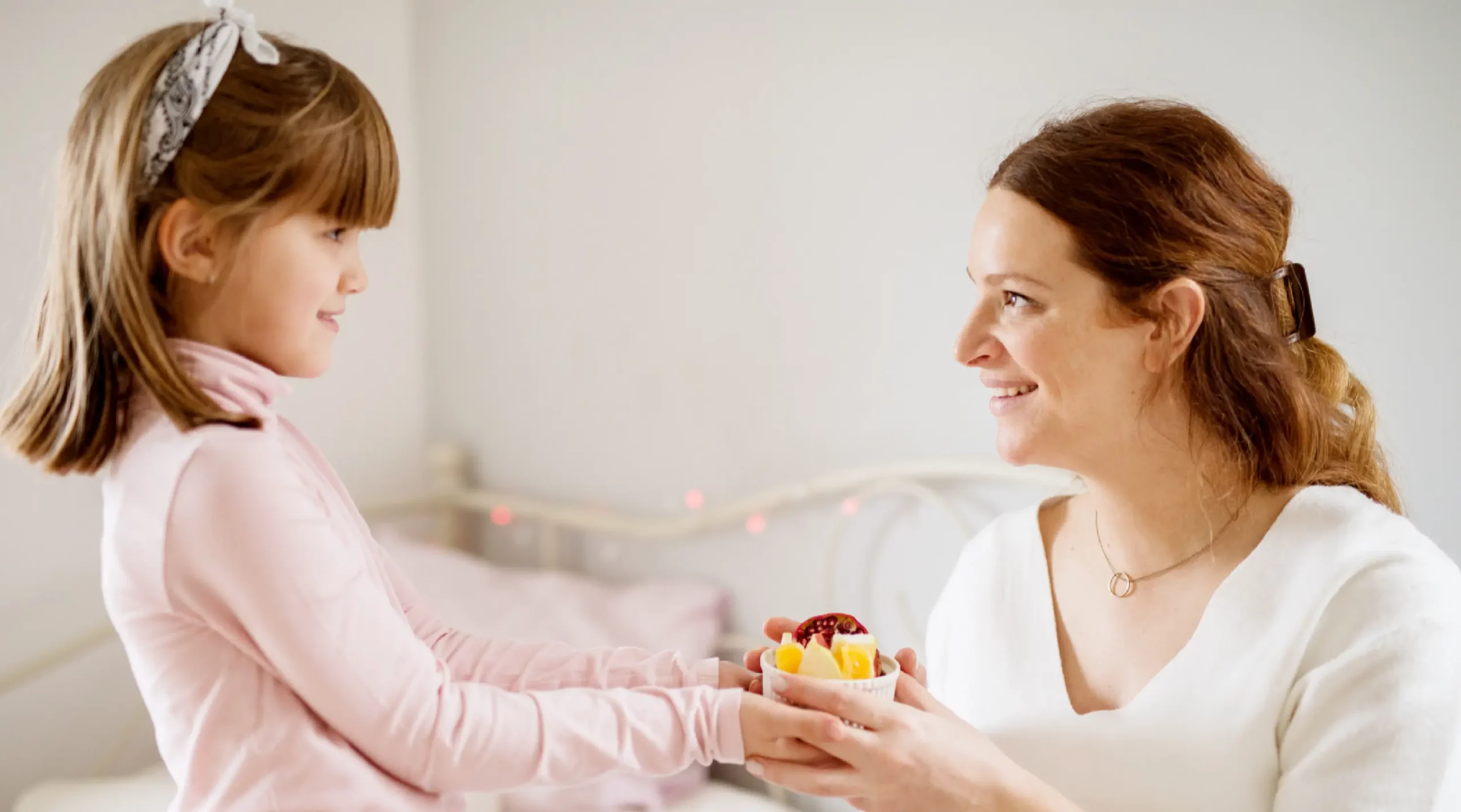Postpartum Self-Care: Practical Tips for Daily Wellness and Mental Health
Becoming a mother is a profound and life-changing experience. While motherhood brings joy, it can also be physically, emotionally, and mentally demanding. The postpartum period is a time of significant adjustment, and many new mothers experience fatigue, mood swings, and stress. Prioritizing self-care during this period is essential for maintaining overall wellness and mental health. In this blog, we will explore practical, actionable strategies for postpartum self-care, helping mothers navigate the early months after childbirth with confidence, resilience, and balance.Understanding Postpartum Challenges
The postpartum period is unique and often underestimated. Mothers experience changes on multiple levels:- Physical Recovery: Childbirth, whether vaginal or cesarean, places significant strain on the body. Healing wounds, regaining strength, and coping with physical discomfort are common challenges.
- Hormonal Shifts: Rapid hormonal changes can affect mood, sleep patterns, and energy levels.
- Emotional Adjustments: Feelings of anxiety, sadness, or overwhelm may arise, particularly when adjusting to new responsibilities.
- Social and Lifestyle Changes: Shifts in relationships, reduced social interactions, and the demands of caring for a newborn can lead to stress and isolation.
The Importance of Self-Care in the Postpartum Period
Self-care is not indulgent; it is essential. Taking care of oneself benefits both the mother and the baby by:- Reducing stress and anxiety
- Improving mood and emotional resilience
- Supporting physical recovery
- Enhancing energy and overall well-being
- Promoting better bonding with the baby
Practical Self-Care Tips for New Mothers
1. Prioritize Sleep Whenever Possible
Sleep deprivation is common in the early postpartum period and can exacerbate emotional stress and fatigue.- Nap when your baby sleeps. Even short naps can help restore energy.
- Share nighttime duties with a partner, family member, or caregiver.
- Avoid comparing your sleep schedule to others; prioritize rest in ways that work for you.
2. Maintain a Balanced Diet
Proper nutrition supports physical recovery, energy levels, and mental health.- Include protein, healthy fats, complex carbohydrates, and fresh fruits and vegetables in your meals.
- Stay hydrated, especially if breastfeeding.
- Consider consulting a nutritionist for postpartum meal planning.
3. Gentle Physical Activity
Exercise can boost endorphins, improve sleep, and support physical recovery.- Start with gentle activities like walking, stretching, or postpartum yoga.
- Consult your healthcare provider before beginning more intensive exercises.
- Incorporate exercises that strengthen the core and pelvic floor to aid in recovery.
4. Mindfulness and Relaxation Practices
Mindfulness helps mothers stay present, reduce stress, and manage overwhelming emotions.- Deep Breathing: Spend a few minutes each day focusing on slow, deep breaths.
- Guided Meditation: Use apps or online videos for short meditation sessions.
- Visualization: Imagine peaceful, calming scenarios to reduce anxiety.
5. Journaling and Reflection
Writing down thoughts, emotions, and experiences can be therapeutic.- Record your daily feelings, challenges, and achievements.
- Reflect on progress and identify patterns in mood or energy.
- Use journaling as a tool to communicate with healthcare providers or counselors when needed.
6. Build a Support Network
Social support is crucial for postpartum well-being.- Connect with other mothers through support groups, online communities, or local meetups.
- Lean on family and friends for practical help and emotional support.
- Seek professional help if feelings of sadness, anxiety, or overwhelm persist.
7. Set Realistic Expectations
Mothers often place immense pressure on themselves to be perfect caregivers.- Accept that it is normal to have challenging days.
- Prioritize essential tasks and delegate what is not critical.
- Celebrate small victories, whether it’s a completed meal, a nap, or a quiet bonding moment with your baby.
8. Engage in Activities That Bring Joy
Even brief moments of pleasure can boost mood and reduce stress.- Read a book, listen to music, or watch a favorite show.
- Take short walks outdoors to enjoy fresh air and sunlight.
- Incorporate hobbies or creative activities, even if only for a few minutes a day.
9. Practice Self-Compassion
Self-compassion is the foundation of emotional resilience.- Avoid harsh self-criticism; acknowledge that motherhood is challenging.
- Treat yourself with the same kindness and understanding you would offer a friend.
- Recognize your efforts and celebrate progress, no matter how small.
10. Establish Routine and Structure
Routines provide stability and reduce stress in an unpredictable postpartum period.- Set simple daily routines for feeding, rest, and self-care.
- Incorporate consistent bedtime rituals for both mother and baby.
- Use tools like planners, apps, or reminders to manage tasks and reduce overwhelm.
Using Technology to Enhance Self-Care
Modern technology can support postpartum self-care in practical ways:- Mobile Apps: Track mood, sleep, nutrition, and exercise. Receive daily nudges, wellness tips, and reminders.
- Virtual Support Groups: Connect with other mothers for advice, encouragement, and shared experiences.
- Online Courses and Tutorials: Learn mindfulness, journaling techniques, and gentle postpartum exercises.
- Telehealth Counseling: Access professional guidance and therapy sessions from home.
When to Seek Professional Help
Self-care is essential, but some symptoms require professional attention:- Persistent sadness or hopelessness lasting more than two weeks
- Intense anxiety, panic attacks, or irritability
- Difficulty bonding with your baby
- Thoughts of self-harm or harming the baby
Encouraging Partner and Family Involvement
Family support enhances self-care and mental health:- Share responsibilities to allow the mother time for rest and self-care.
- Participate in mindfulness, journaling, or relaxation exercises together.
- Offer encouragement and understanding, rather than judgment or criticism.




